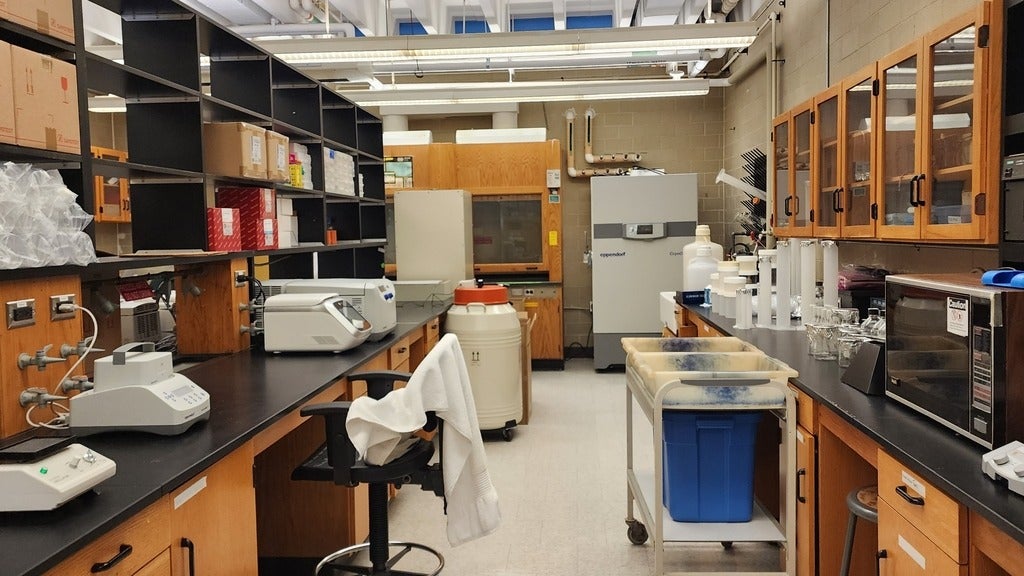Overview
The Peart Lab is interested in the understanding how differences in mRNA processing (primarily alternative splicing and alternative polyadenylation) shape cell and tissue identity and contribute to disease. Most human genes undergo alternative mRNA processing in the form of alternative splicing and/or alternative polyadenylation. The result is the generation of different transcripts that can display altered localisation, exhibit differences in stability, and result in different protein isoforms. To further extend this we are interested in the paradigm that there is coordinately regulated post-transcriptional processing of genes involved in the similar pathways.
Our previous work has pointed to additional roles for the well-characterised splicing factor ESRP1 in regulating other aspects of mRNA processing, and we are working to elucidate the mechanisms by which ESRP1 affects mRNA processing and investigate the consequences of the multifaceted regulation by ESRP1 on tissue morphogenesis and development.





